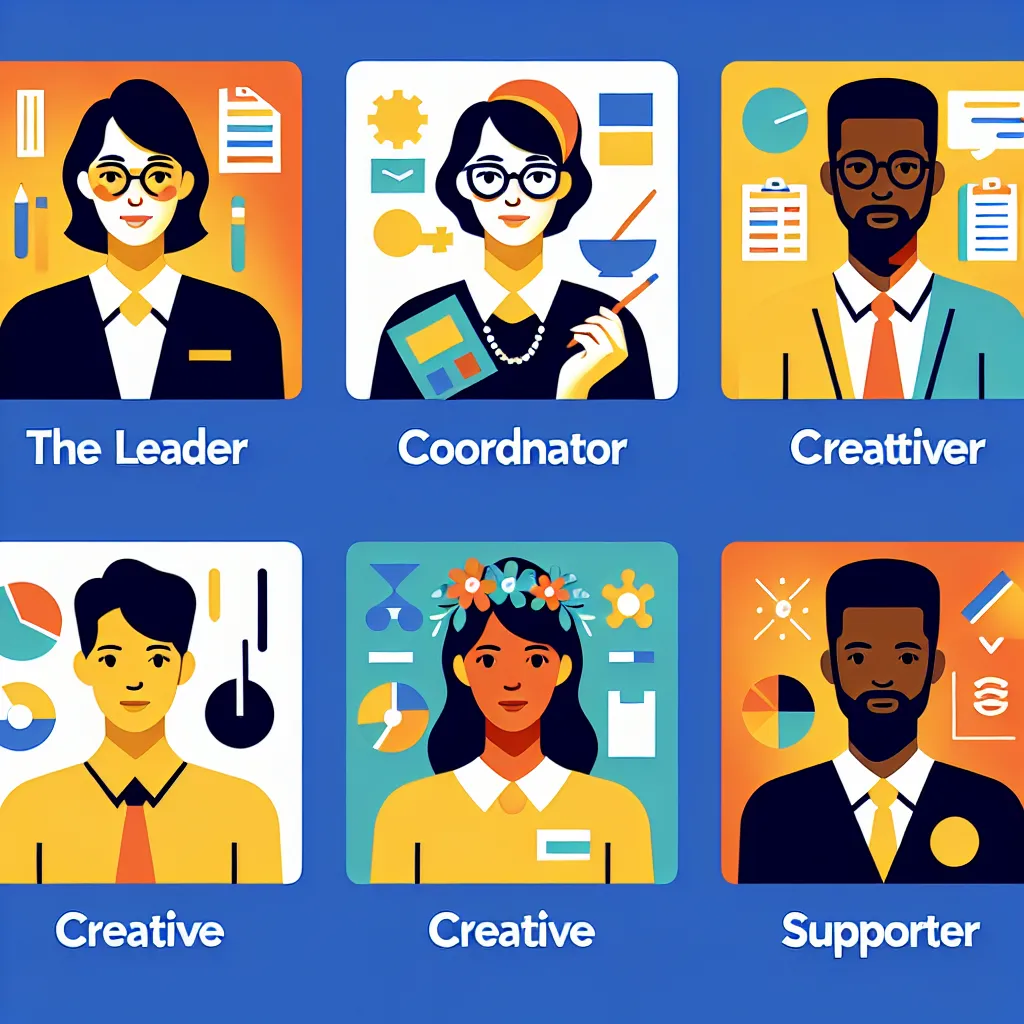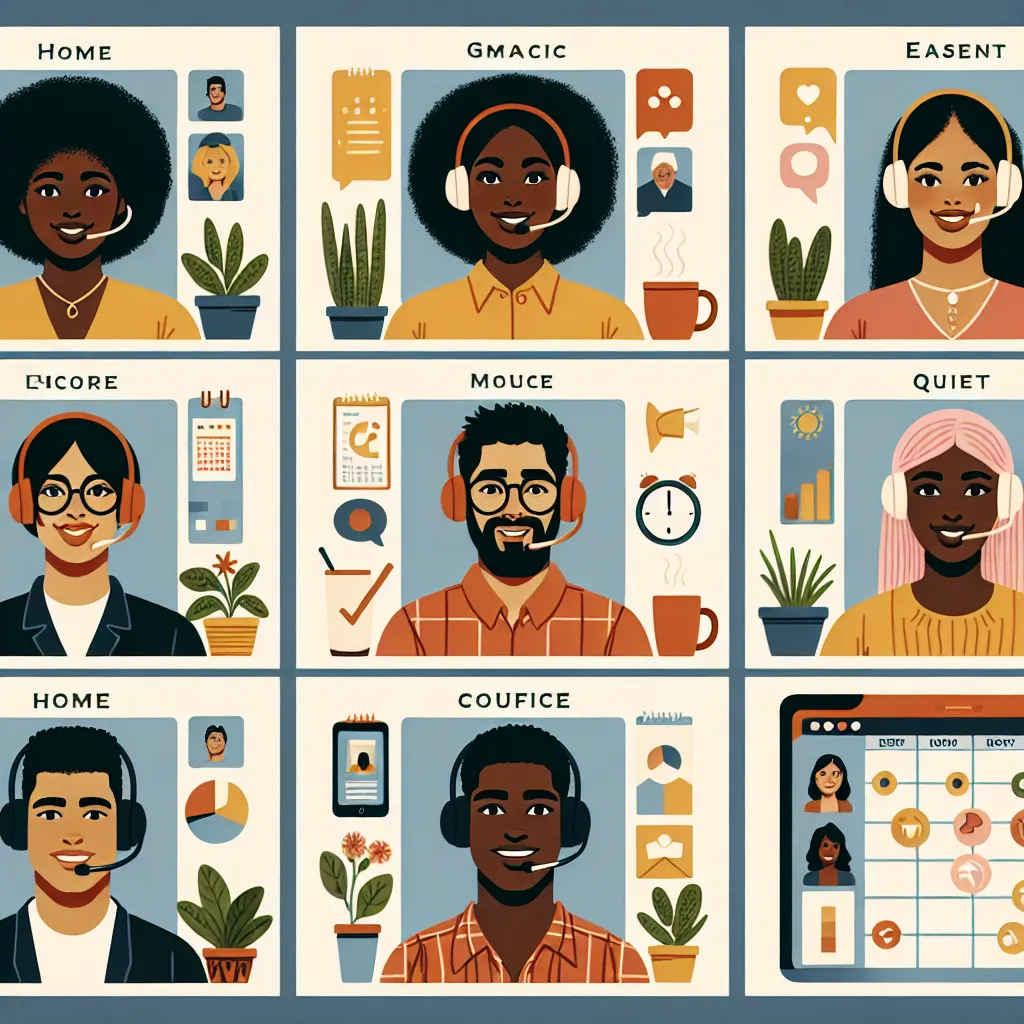Teamwork skills are highly valued in today’s workplace, and employers often seek candidates who can collaborate effectively with others. When preparing for a job interview, it’s crucial to be ready to discuss your teamwork abilities. This guide will help you articulate your teamwork skills confidently and effectively during an interview.
Understanding the Importance of Teamwork Skills
Teamwork skills are essential in most professional settings. They encompass a range of abilities that enable individuals to work well with others towards a common goal. Employers prioritize these skills because they contribute to a positive work environment, increased productivity, and better problem-solving.
 Teamwork Skills in Interview
Teamwork Skills in Interview
Key Aspects of Teamwork Employers Evaluate
When discussing teamwork skills, interviewers often assess:
- Communication abilities
- Collaboration and cooperation
- Problem-solving in a group setting
- Conflict resolution
- Leadership potential
- Adaptability and flexibility
Preparing to Discuss Your Teamwork Skills
Before your interview, reflect on your past experiences that demonstrate strong teamwork. Consider situations from previous jobs, academic projects, or volunteer work where you successfully collaborated with others.
STAR Method for Showcasing Teamwork Skills
Use the STAR method (Situation, Task, Action, Result) to structure your responses:
- Situation: Describe the context of your teamwork experience.
- Task: Explain the goal or challenge your team faced.
- Action: Detail the specific actions you took as a team member.
- Result: Share the positive outcomes of your teamwork.
Common Interview Questions and Sample Answers
Here are some typical questions about teamwork skills and how to answer them effectively:
- “Can you describe a successful team project you’ve been part of?”
Sample Answer: “In my previous role as a marketing coordinator, I was part of a cross-functional team tasked with launching a new product line. My responsibility was to coordinate the marketing materials. I collaborated closely with the design team to ensure our messaging was consistent and met the deadline despite some initial setbacks. Through effective communication and regular check-ins, we launched the product on time, resulting in a 20% increase in quarterly sales.”
- “How do you handle conflicts within a team?”
Sample Answer: “I believe in addressing conflicts promptly and professionally. In a recent project, two team members disagreed on the approach to a crucial task. I organized a meeting where both could express their views. I then facilitated a discussion to find common ground, focusing on our shared goals. We ultimately combined elements from both approaches, which not only resolved the conflict but led to a more innovative solution.”
- “What role do you usually take in a team setting?”
Sample Answer: “I’m adaptable and can take on various roles as needed. However, I often find myself naturally falling into a supportive leadership role. For instance, in group projects, I typically take the initiative to organize schedules and delegate tasks based on team members’ strengths. I also ensure everyone’s voice is heard and that we stay focused on our objectives.”
 Team Roles in Interview
Team Roles in Interview
Tips for Handling Unexpected Teamwork Questions
Sometimes, you might encounter questions about teamwork scenarios you haven’t experienced. Here’s how to handle them:
- Be honest about your lack of specific experience.
- Discuss how you would approach the situation based on your general teamwork skills.
- Relate it to a similar experience you’ve had.
For example, if asked about leading a large team and you haven’t done so:
“While I haven’t led a large team directly, I have coordinated smaller groups effectively. I would approach leading a larger team by applying the same principles of clear communication, goal-setting, and regular check-ins, just on a broader scale. I’m confident my experience in project management would help me adapt to this challenge.”
Common Mistakes to Avoid When Discussing Teamwork Skills
- Focusing solely on individual contributions
- Downplaying the role of others in team successes
- Avoiding mention of challenges or conflicts
- Using vague statements without specific examples
- Overemphasizing leadership if you’re applying for a non-leadership role
Instead, aim to:
- Highlight your specific role while acknowledging team efforts
- Discuss how you overcame challenges collaboratively
- Provide concrete examples of your teamwork skills in action
- Balance your responses based on the role you’re applying for
Follow-up Questions and Response Strategies
Interviewers often ask follow-up questions to delve deeper into your teamwork experiences. Here are some examples with suggested response strategies:
- “How do you motivate team members who are struggling to contribute?”
Strategy: Discuss your empathy and problem-solving skills. Mention how you would approach the situation sensitively, offer support, and find ways to engage the team member effectively.
- “Can you give an example of a time when you had to compromise for the team’s benefit?”
Strategy: Choose an example that shows your flexibility and commitment to team goals. Explain your initial position, why you compromised, and the positive outcome for the team.
- “How do you ensure effective communication in a remote team setting?”
Strategy: Highlight your experience with digital tools and your proactive approach to maintaining clear communication channels. Mention specific strategies you’ve used successfully.
- “Describe a situation where you had to work with someone whose working style was very different from yours.”
Strategy: Focus on your adaptability and interpersonal skills. Explain how you found common ground and achieved success despite differences.
- “How do you handle tight deadlines in a team project?”
Strategy: Emphasize your time management skills and ability to prioritize tasks. Discuss how you would collaborate with team members to distribute workload effectively.
 Remote Teamwork Communication
Remote Teamwork Communication
Conclusion
Effectively communicating your teamwork skills in an interview can significantly boost your chances of landing the job. Remember to prepare specific examples, use the STAR method, and tailor your responses to the role you’re applying for. By highlighting your ability to collaborate, communicate, and contribute positively to team dynamics, you’ll demonstrate your value as a potential employee.
Practice articulating your teamwork experiences before the interview, and don’t forget to show enthusiasm for collaborative work environments. With these strategies, you’ll be well-prepared to showcase your teamwork skills confidently and effectively.
For more interview preparation tips, check out our guides on how to explain your job responsibilities in an interview and how to answer “What are your greatest strengths?” in English.




